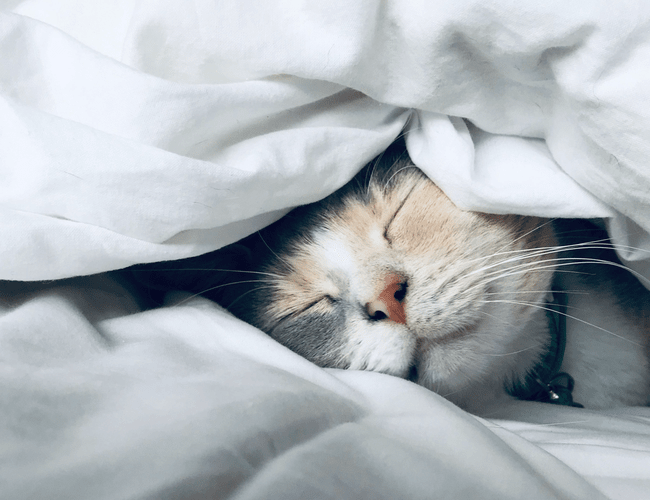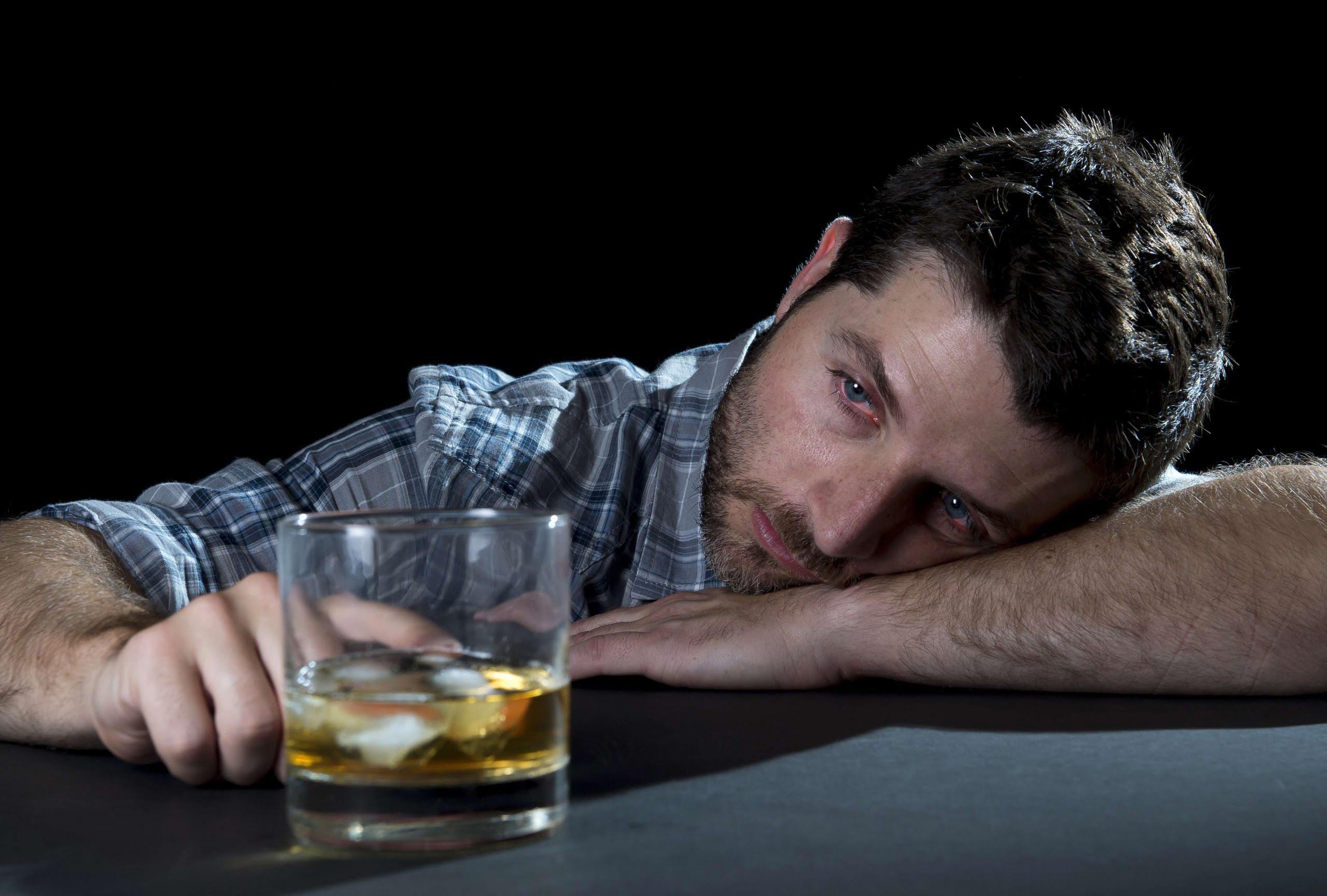Content
Anecdotally, as stated above, many of those who have experienced hangover symptoms report having used edibles or extracts. According to those consumers, the phenomenon seems to be far less common as a result of more traditional consumption methods such as smoking. With that in mind, some may find weed hangover symptoms are a result of waking up with a lingering high, due to the slow rate at which products such as edibles metabolize in the body.
- If you tend to use weed on a somewhat regular basis, and you don’t usually get weed hangovers, it may be a combination of things causing you to feel off.
- A quick round of meditation can get you out of a bad mood, too.
- This seems to be less common, but can be terribly unpleasant nonetheless.
- They found a “medium-sized association” with certain adverse effects, including physical pain, dependence, impaired control, and memory loss.
- Of course, overindulgence isn’t identical for any two people.
- However, this study’s small sample size and all-male participants are significant limitations.
Current evidence suggests headaches, dizziness, and the like, but some people end up with an extra layer. They still feel the effects of their high even after a full night of sleep. Dehydration, a symptom of cannabinoid hyperemesis syndrome, can lead to headaches. Many people who smoke the drug report experiencing weed headaches that persist for hours, and some marijuana users experience these headaches the next morning.
Weed Hangovers VS. Alcohol Hangovers
Given the very recent acceptance of cannabis among the general public, it comes as no surprise that we have very little scientific information on topics such as residual high. Let’s use the data we do have, combined with anecdotal evidence, to discuss weed hangovers. To avoid these effects, start with a moderate dose of low-THC cannabis. It reduces the risk of a marijuana hangover and makes it much less likely to experience prolonged positive and negative effects of your intoxication journey. In some respects, a weed hangover is no different from the aftereffects you might feel after indulging in other fun substances.

Overall, if your weed hangovers are intense, you may want to switch up your routine and think about some different contributing factors. A weed hangover is exactly as the name suggests — a hangover from weed that you experience the day after smoking. Weed hangovers are actually very different from alcohol hangovers how long does a hangover last due to the fact that these two substances affect the body in very different ways. Normally, the effects of weed subside two to four hours upon ingestion. Lingering effects disappear after a good night of sleep. The hangover and its symptoms, such as headaches after smoking weed, could follow you for a day.
Cannabis Strain Profiles
But the brain fog, dry mouth, and fatigue you feel climbing out of bed the next morning? Medical research on weed hangovers is pretty limited, but countless cannabis users can testify to the uncomfortable symptoms that weed can bring about the next morning. To help you out, we’ve put together a comprehensive list of remedies to help you feel better in no time. We’ll also share plenty of prevention tips so you can avoid weed hangovers in the future. During the study, users were asked to report if they felt ‘hangover’ like symptoms the next morning, which included feelings of fogginess or non-alertness. Many people prefer to take weed to avoid hangovers, especially alcohol hangovers.
The pressure can massage and ease tightness and soreness in your head and body. Jumping underneath a stream of cool water rejuvenates, getting you ready to try other, more demanding tricks.
Does Cannabis Cause Dehydration?
Study participants who experienced CWS were also more likely to have co-occurring mood disorders and anxiety disorders, personality disorders, and family histories of depression. These indicators could be contributing risk factors for higher rates of CWS. You might be more likely to experience a weed hangover if you overconsume. Decide on an appropriate quantity before you get high, and stick with that. The tests included sorting cards and judging time intervals. When the tests were repeated the following morning, the group that smoked weed cigarettes judged time intervals to be 10 or 30 seconds longer than they actually were. If you’re feeling a little off after using weed, it may not necessarily be a hangover that you’re experiencing.

The other study, which was conducted in 1990, found no significant changes in the participants of the study due to marijuana. Brain fog can be scary, but it should go away as you put in the effort to regain clearheadedness with food, caffeine, sleep, and exercise. This strange phenomenon occurs mostly with first-time users, and even then in only a small fraction. Experienced stoners will tell you that these effects are more common than the misconceptions would have you believe. Cannabis is majestic, but its aftereffects can get nasty.
Does cannabis cause dehydration?
As we noted earlier, research over several years has indicated the presence of hangover symptoms in cannabis consumers. In 1975, a double-blind study of asthmatic patients concluded that medical cannabis did not alleviate symptoms. The analysis also found that use led to depression and hangover symptoms. A study of nine subjects in 1976 saw a mild hangover as the most major complaint in the morning after a night of smoking between 10 and 30mg of THC.
In simple terms, it’s the negative influence residual cannabinoids have on your system after consumption. The most effective way to overcome cannabis addiction is to seek treatment.
